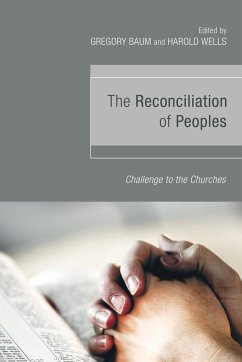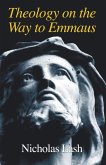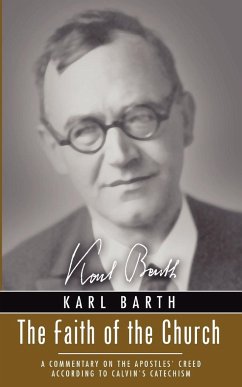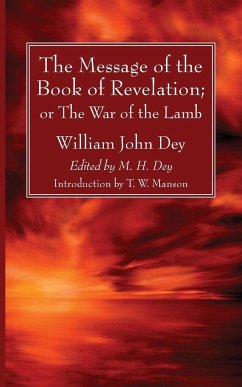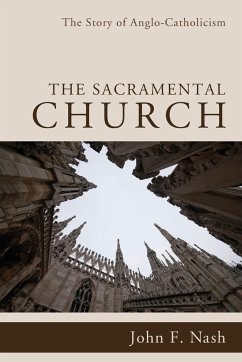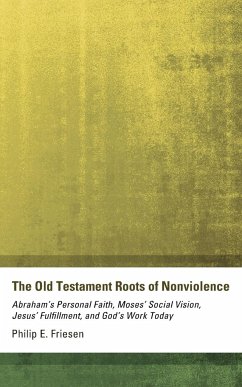Modern ethnic tension and conflict, fueled by poverty and despair, have led to a worldwide escalation of hostility among peoples. From Bosnia to Rwanda to Sri Lanka there seems to be no end to the list of countries in conflict--and the deep divisions along religious lines that become fuel for the fires. Ethnic conflict challenges peacemakers and, in particular, peacemakers in the churches. The Reconciliation of Peoples: Challenge to the Churches, this collection of fifteen original essays, reports on the efforts of church-based groups to foster reconciliation between former combatants in many different contexts. The opening essay by coeditor Harold Wells explores biblical perspectives on forgiveness, reconciliation, and grace. The essays on particular conflicts reflect upon actual efforts and achievements by Christian churches, organization, and individuals to bring about reconciliation among former enemies. These conflicts include peoples divided (the Irish, the Koreans, the Rwandans/Burundians), peoples persecuted internally by their own ruling elite (the Chileans, the Fijians), peoples tragically deprived of land and home (the Palestinians), and peoples torn apart by war (the Germans, the Poles, the peoples of the Balkans). Reconciliation in these contexts is the only way for ""two parties to rewrite their histories and enter upon a new path."" The concluding essay by coeditor Gregory Baum reflects theologically on the meaning and demands of reconciliation, and on why it is at times so difficult for churches to take on the role of mediator.

